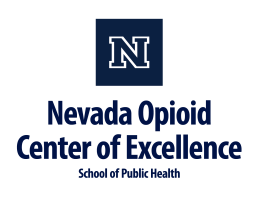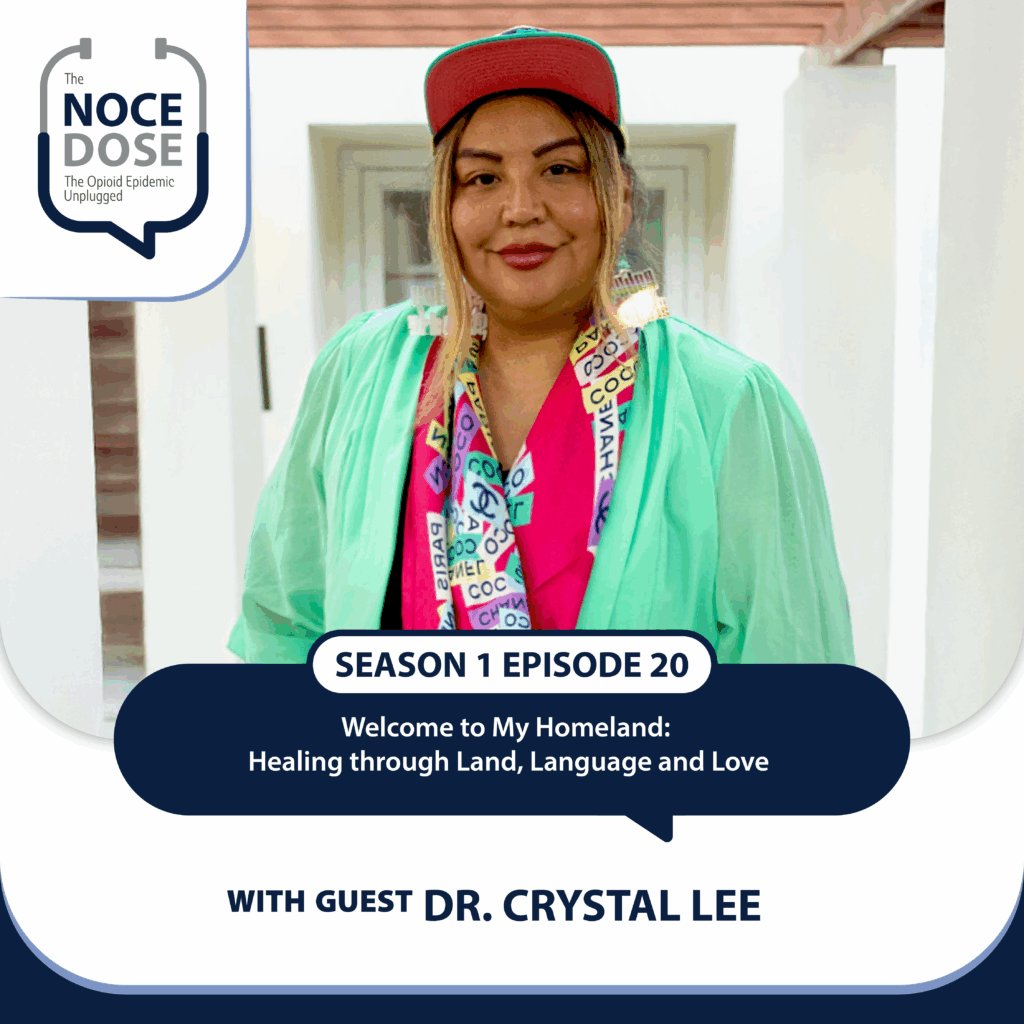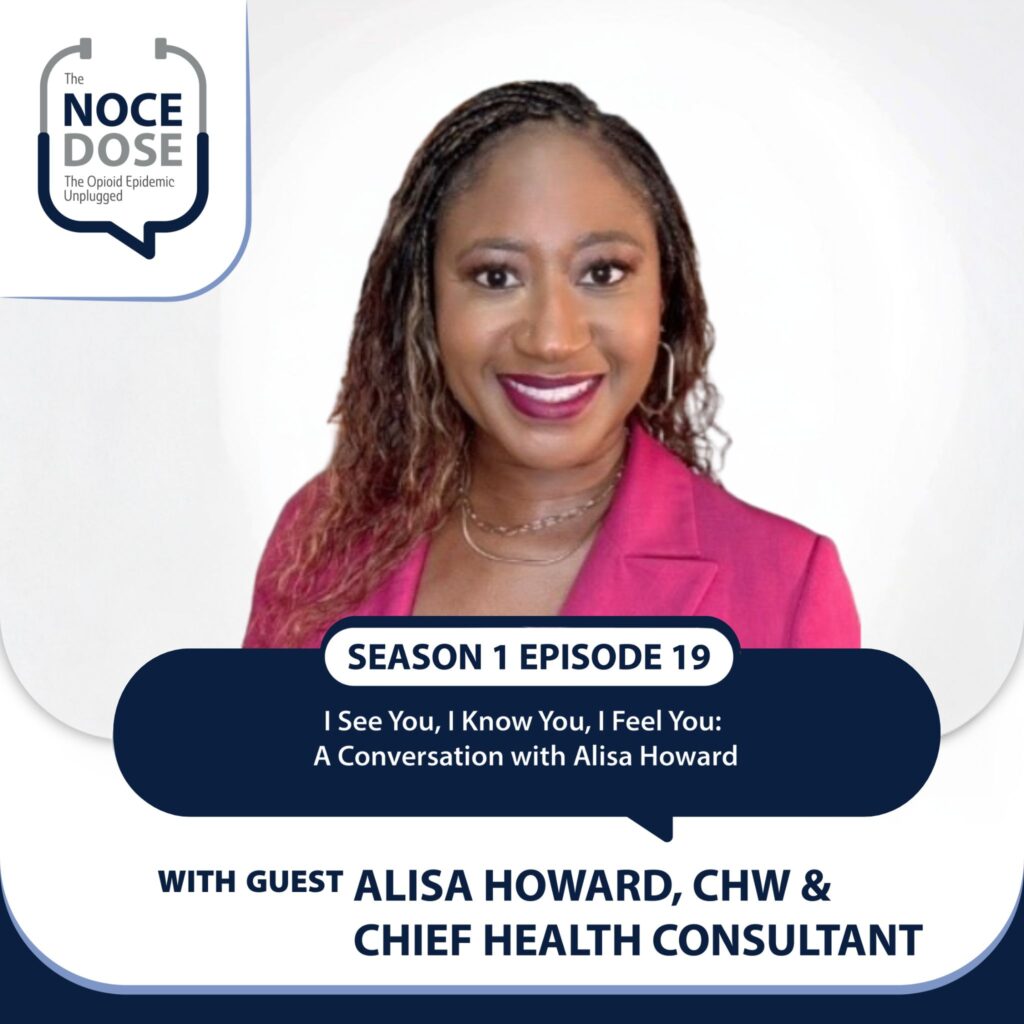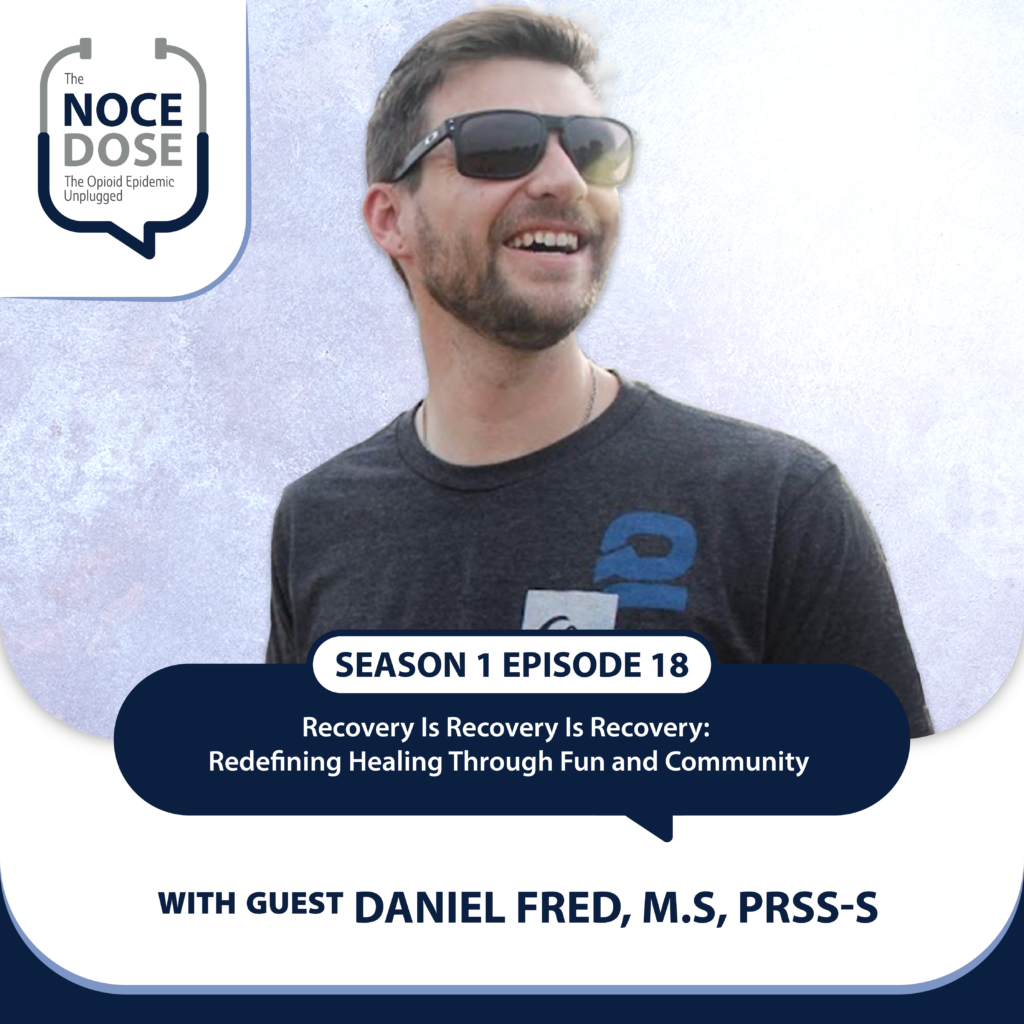In this episode of The NOCE Dose, host Bianca D. McCall engages with Katarina Pulver, Health Educator II, Office of Disease Surveillance Division of Disease Surveillance and Control. They discuss the critical role of health educators in bridging the gap between research and practice in harm reduction, the importance of community outreach, and the nuances between activism and advocacy. Katarina shares insights on self-care, preventing burnout, and the significance of representation in the recovery process. The conversation highlights the need for continuous learning and the importance of meeting individuals where they are in their journey.
Guest:
Katarina Pulver is an experienced Health Educator with a strong background in training, program development, and community outreach. Currently serving as a Health Educator II at the Southern Nevada Health District, she has played a pivotal role in organizing events like the Southern Nevada Substance Misuse and Overdose Prevention Summit and developing critical public health initiatives, such as the Fentanyl Test Strip Program. With a history of leadership roles in non-profit organizations, Katarina is committed to improving public health and supporting community wellness in the Las Vegas area.



